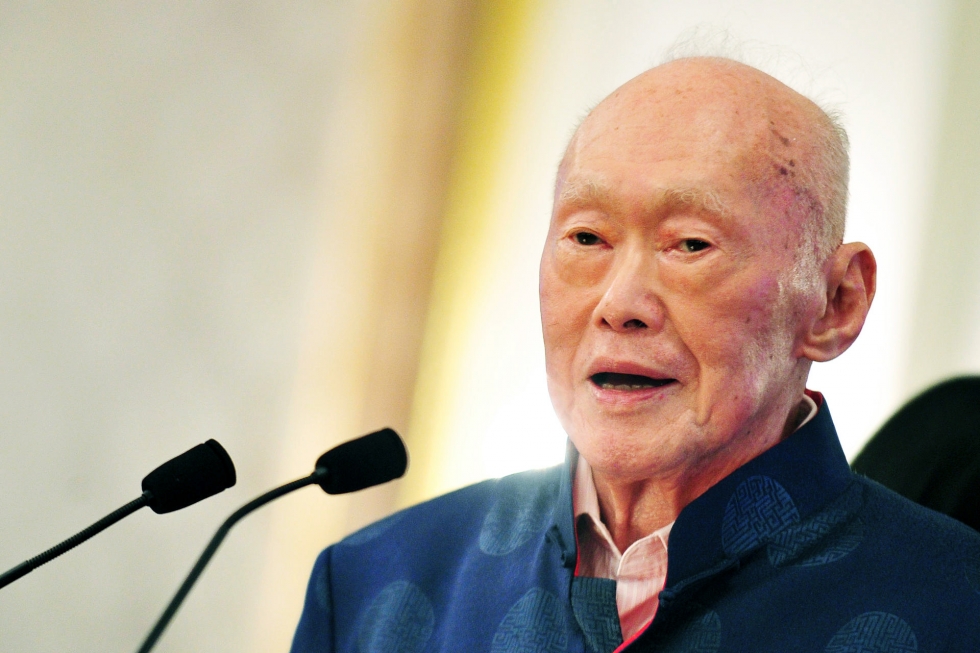By: Alexander Sileo
The holidays and a major political battle over taxes and spending in Washington D.C. allowed many legislative agendas to slip under the radar of the media over the course of the past couple months. A war on the role of unions was waged in Michigan this past December – the result of which heavily impacts the state’s economy and the political hopes of worker unions and business lobbying groups. Michigan, particularly Detroit, was once seen as a mecca for unions. The passage of new right-to-work legislation by a Republican controlled legislature, however, may put the final nail in the coffin for union groups, which are increasingly losing their ability to enact pro-worker legislation and recruit new members.
Right-to-work laws stem from the Taft-Hartley Act, which was passed in 1947 despite a veto by President Truman. The act was meant to curb the influence of unions in multiple ways. Unions had grown increasingly powerful during the 1930s and only World War II prevented unions from striking during the early 1940s. Once the war ended, many Republicans and business lobbyists were worried that union groups would continue to surge in popularity and power. The new laws limited the ability of unions to strike and make campaign contributions, and perhaps most notably allowed states to enact right-to-work legislation.
Right-to-work laws prohibit unions from entering into agreements with their employers that mandate employees join the union as a condition of employment or pay union fees that go towards lobbying efforts for increased worker’s rights. This legislation has generally been favored in the South and Midwest where Republicans control state legislatures, but Michigan is a significant battleground as it represents the main core of union activities for manufacturing groups. In Michigan, laws mandated that workers pay union fees for the cost of collective bargaining if they benefited from the union’s lobbying. These laws were repealed by the Republican controlled legislature and Governor Rick Snyder, who was often mentioned over the past year as a possible running mate for former Republican presidential nominee Mitt Romney.
Proponents of right-to-work legislation argue that unions can infringe on a worker’s freedom of association. Unions are essentially forcing employees to involuntarily participate in an undemocratic process. Many conservative groups support right-to-work legislation because they perceive it as a way to increase business opportunities within a state. Many businesses would prefer to have greater control over their employees, which can be hampered by powerful unions. The right has also criticized unions for being too corrupt and not adequately serving the needs of the workers they represent. They see union leaders as greedy and out for their own financial gain rather than the well being of those they represent.
Opponents of right-to-work laws argue that the laws’ name is simply good political spin and that the laws in reality create a “right-to-work-for-less.” They argue that by preventing unions from forcing employees to pay fees, business lobbies are essentially creating free riders that will not opt in to union schemes, but still share the benefits of any increased compensation. If workers are not forced to join a union by their contract, then they will skip payments for union dues but still reap any of the union’s benefits. This would undoubtedly decrease the amount of dues unions collect. Ultimately, it limits their ability to collectively bargain for the employees they represent and participate in political initiatives that support worker’s rights.
Studies have produced mixed results on the economic benefits of right-to-work legislation. Many Republicans have argued that the legislation promotes business investments in their states and increases employment. Democrats counter that the absence of unions lowers the wages of the average worker in right-to-work states and that an employer can lower health and safety standards more easily.
This debate, however, sidesteps the importance of America’s changing workforce. American manufacturing is evolving. Jobs are being moved overseas where foreign labor forces work for cheaper salaries. These jobs will never come back to the United States no matter how “pro-business” legislators make their states. The manufacturing sector needs to change from simple goods to more complex high-tech goods that require a skilled and educated work force. American businesses have the ability to create a more tech-savvy workforce that can help create a comparative advantage in emerging industries. The United States is in a unique capacity to produce a knowledgeable labor sector that can help move the country into a new era of technology that retains America’s economic advantage over other nations.
Unions are desperately needed to help sustain this transition and continue to support workers’ rights. Over the past century, unions have greatly increased the vitality of the American workforce and can use collective bargaining capabilities to advocate for more transition programs that help workers learn new skills and support emerging economic markets. Union membership is at an all-time low in recent decades, but they represent a chance for middle and lower class workers to earn higher wages and find new jobs. Unions have the potential to help create and sustain a new American labor force.
With their importance noted, Democrats and other union supporters need to recognize the internal problems that plague most modern unions. The days of unions fighting for the minimum wage, a standard work week, and any health or safety benefits at all are in the past. Modern unions are increasingly ineffective and undemocratic. Union leaders are growing farther and farther apart from the workers they represent. Many workers have grown angry with unions for their perceived ineffectiveness and inability to bargain for what workers feel matters most. Unions must begin
restructuring themselves for the modern era. Union bosses need to lose their ability to influence a vehicle of worker’s rights for their own gain. Unions should also stay focused on worker’s benefits and education, rather than wade into partisan political fights that have a limited impact on their membership. Democrats recognize that unions have a positive role in society, but are too forgiving of past failures and corruption.
The political fight over unions and right-to-work legislation is a 20th century fight. Leaders on both sides of the aisle should begin focusing on the 21st century and the possibility of a new national economy where unions can play a proactive role in shaping the lives of the average American worker. Republicans need to recognize the importance of unions in preserving worker’s rights and the potential for unions to help worker’s transition into a more vibrant economy. Democrats have to realize that unions need internal reform if they are going to support workers in the future, as they have over the past century. As the American economy recovers from its most recent collapse, it is critical that both sides focus on rebuilding America’s labor force through more nuanced legislation that recognizes the more complex economic problems at hand.

